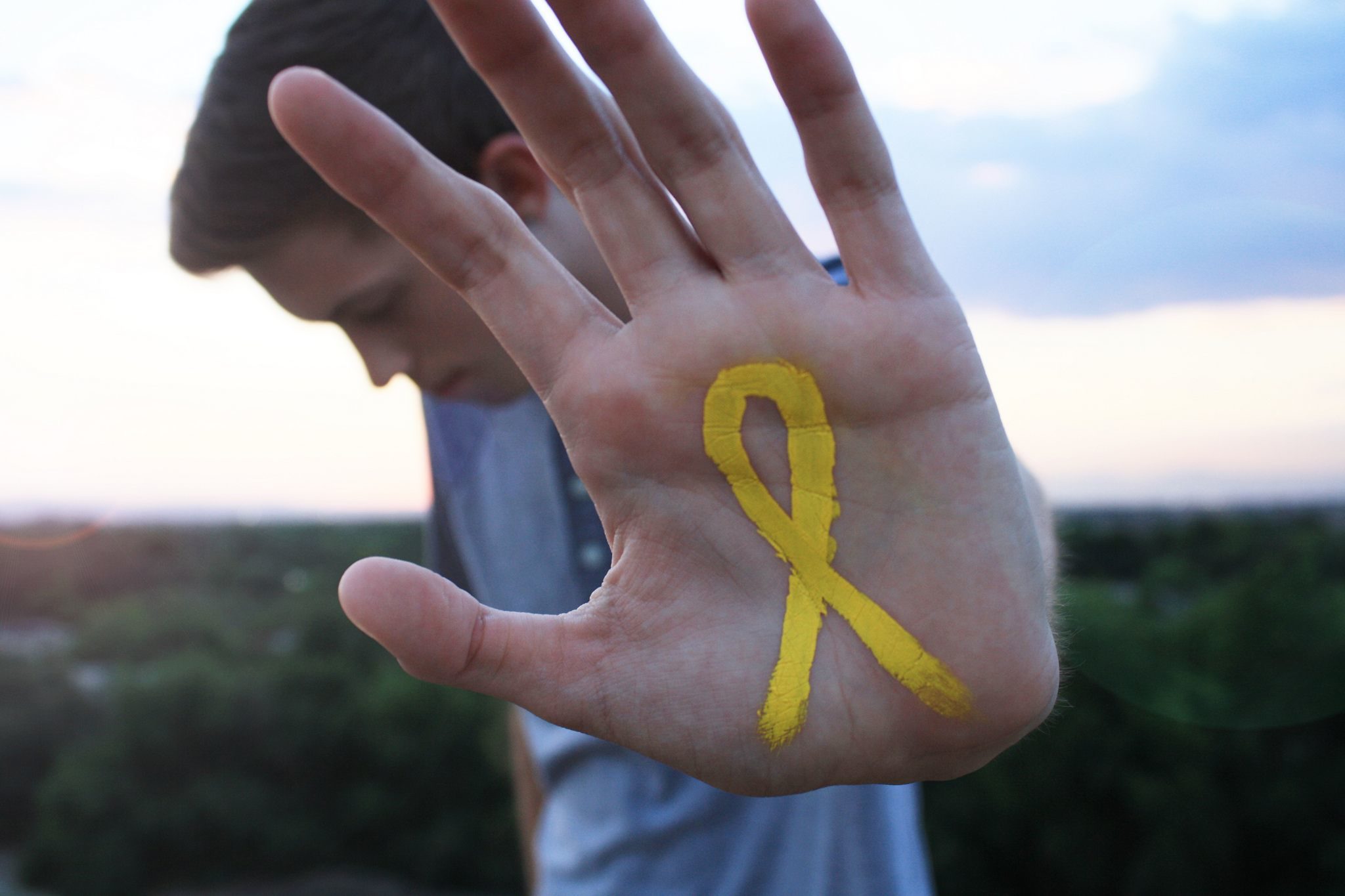Treat stories about suicide with dignity and compassion
This is a story in a series produced at the 2018 Canadian Association of Journalists conference in Toronto, and will be co-published by J-Source and CAJ.
How to properly report on suicide has been a hotly-debated topic among journalists, psychiatrists and society for generations. Increased collaboration between mental-health experts, reporters and editors, however, could provide guidance for best practices while minimizing unnecessary harm on society.
“Don’t go into the nitty gritty,” said Gayle MacDonald, a reporter with the Globe and Mail, who writes on issues of mental health, on a panel at the 2018 Canadian Association of Journalists conference in Toronto earlier this summer.
“You treat the story with the same dignity that you want you or a loved one to be treated with,” she said.
For example, MacDonald said the most sensitive reports surrounding the death of Hollywood actors Robin Williams’ suicide in 2014 were the reports that emphasized his sadness and introspective nature, rather than those that discussed the grim, grisly specifics of the suicide.
Another suggestion MacDonald suggests is to avoid “shaming” the deceased. As a practical matter, she recommends employing language such as ‘died by suicide’ rather than ‘committed suicide’.
“Suicide reporting doesn’t need to be about shock”, said Mark Sinyor, an associate scientist with Sunnybrook Research Institute.
Although he does say attitudes towards how to report on suicide are changing, many journalists without proper training on mental health issues don’t realize how reporting the full details of a suicide can actually produce a contagion effect.
This is called the Werther effect, Sinyor said, coined from German poet and philosopher Johann Wolfgang von Goethe’s book, The Sorrows of Young Werther. In the book, a young man is rejected by the one he loves and, shortly after, decides to take his own life.
Why is this relevant for journalists?
Sinyor said because it underscores that suicide rates increase after a widely publicized suicide.
In the case of the book, for example, many German youth decided to take their own lives while dressed up as the protagonist, Werther. This also happened in the wake of Robin Williams’s death, Sinyor said.\
“Just knowing someone had killed themselves increases suicide risk,” said Sinyor.
Instead, responsible reporting that references mental health resources can turn a tragedy into an event that brings attention to suicide awareness and saves lives he said.




